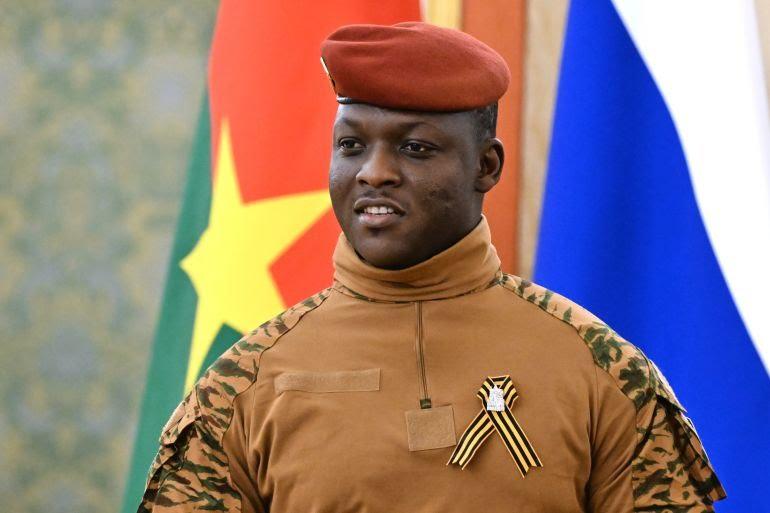Egypt has taken the lead in Africa’s start-up investment landscape so far in 2025, attracting 31 percent of the total funds raised on the continent, amounting to $330 million.
This development places the North African country ahead of other prominent start-up hubs like South Africa, Nigeria, and Kenya, which have secured 26 percent, 15 percent, and 12 percent of the year’s funding, respectively.
According to the latest edition of Africa: The Big Deal, a report released yesterday, African start-ups collectively raised just over $254 million in May alone.
While this figure doesn’t set a new benchmark, it reflects a marked improvement from March, which had been seen as a worrying dip in investor activity.
The report suggests that March’s sluggish performance may now be regarded as a temporary deviation rather than a lasting trend.
With over $1 billion raised in the first five months of 2025, Africa’s start-up scene is showing a strong upward trajectory, particularly when compared with the same period in 2024, which saw a total of $750 million in investment. This represents a 40 percent increase year-on-year, a sign of renewed confidence and momentum in the ecosystem.
Even more impressive is the cumulative figure for the past 12 months, from June 2024 to May 2025, which stands at $2.5 billion. The report describes this as the highest amount raised over any 12-month period since early 2023, signaling what many hope is a sustained revival in African start-up financing.
In May, 36 start-ups announced funding rounds of over $100,000, which is slightly fewer than in recent months. However, this reduction was accompanied by a notable rise in the median deal value, pointing to deeper individual investments. Seven of these ventures secured more than $10 million each, with Egyptian start-ups driving much of the high-value activity.
Among the most significant developments was the $75 million raised by Egypt-based proptech company Nawy, marking the largest single proptech deal ever recorded on the continent. The funding comprised a $52 million Series A round led by global investor Partech, along with an additional $23 million in debt financing.
Egyptian start-ups continued their dominance with several other major announcements. Tasaheel, part of the fintech conglomerate MNT-Halan, finalized what has been described as the largest corporate bond issuance in Egypt’s history, valued at $50 million.
Valu also made headlines after securing $27 million from Saudi investors and is reportedly preparing for a public listing in the near future. Other fintech players like Thndr and Money Fellows both raised over $13 million, while mobility-focused start-up Sylndr closed a Series A round exceeding $15 million.
Read also: Abacha’s wife opposes loot claims against her husband
The only major funding round outside Egypt among the top tier was reported by South African healthtech firm AURA, which raised $15 million in a Series B round co-led by Partech and the Cairo Angels Investment Fund. The funds are aimed at supporting the company’s expansion into the United States.
According to the report, May was also an active month for start-up exits in Africa, with four significant transactions taking place. Again, Egypt stood out, being involved in three of them. Among the most notable was the acquisition of Fatura by MaxAB-Wasoko.
In another development, Egyptian health and wellness platforms Miran and Welnes merged. The country also recorded its first-ever SPAC (Special Purpose Acquisition Company) merger, as Catalyst Partners Middle East acquired Qardy in a deal estimated at $23 million.
Elsewhere on the continent, West Africa saw BioLite acquire a majority stake in Baobab+, adding to the continent’s growing list of scale-ups and exits.
Meanwhile, the report paints a hopeful picture for Africa’s tech ecosystem, especially in Egypt, where the volume and value of investments are on an upward swing. With investor sentiment appearing to strengthen and billion-dollar targets being met, the start-up ecosystem is positioning itself for sustained growth and increased global visibility.








